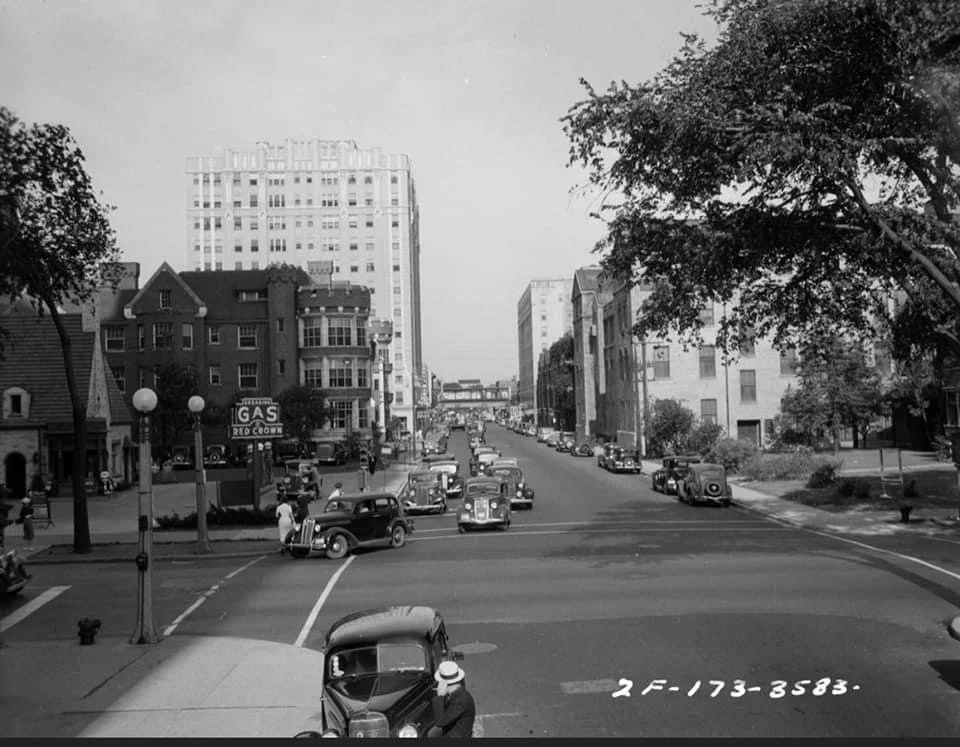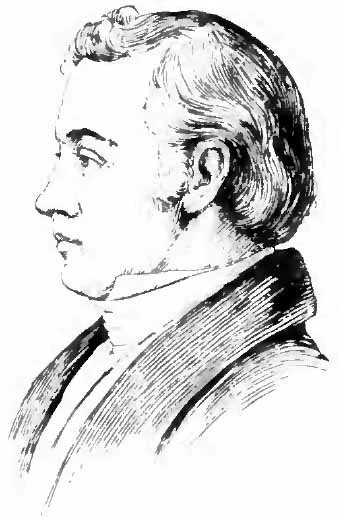
What is a Presbyterian?
We are a member congregation of the Presbyterian Church (USA) or PCUSA
“Doubt, fear, and hurt are welcome here.”
-
Presbyterians are part of the Reformed branch of Christianity with roots in Calvinism. During the Reformation started by Martin Luther, Frenchman John Calvin began his own reformation in Switzerland. He in turn influenced a man named John Knox in Scotland.
Instead of bishops, the Church or kirk would be led by democratically chosen presbyters, or elders, that form an authority called the Session. From those elders, the congregation would send representatives to a presbytery, that together acts like a bishop.
The Church of Scotland is considered motherchurch of America’s presbyterian communities. They brought their faith tradition to the colonies.
Presbyterianism influenced the structure of civil government in the U.S.
-
There are about 75 million Presbyterians around the world.
As of 2020, there are about 1.2 million members of the Presbyterian Church (USA). Its densest populations are around Charlotte, North Carolina and Pittsburgh, Pennsylvania.
As of 2018, there are about 325,600 members of the Church of Scotland.
In comparison, as of 2017 there are 77.4 million Catholics in the U.S. and 1.345 billion Catholics in the world.
-
Presbyterian Church (USA) acknowledges full equality of women in the life of the Church. They are ordained as ministers, elders, deacons, and serve as leaders throughout the denomination.
There is a churchwide organization called Presbyterian Women that makes sure women are empowered to full involvement.
-
Presbyterian Church (USA) is a mainline Protestant denomination. These mainline churches are considered affirming on social issues of gender, sexual orientation, and gender identity, but nevertheless have members who have different personal views.
PCUSA is a welcoming denomination for LGBTQ persons invited into full participation of the Church by the Session.
Session is not permitted to ban LGBTQ persons from ministry outright. The denomination invites same-sex couples to marry in congregations where the Session permits it.
There is an organization called More Light that advocates for LGBTQ people in the Church.
-
Some well known Presbyterians include Abraham Lincoln, author Mark Twain, actors Jimmy Stewart and Dick Van Dyke.
Slavery abolitionist Elijah Parish Lovejoy was a Presbyterian minister who was martyred in downstate Illinois at the age of 34 in 1837. Lovejoy influenced the policies of Abraham Lincoln when he became president.
LGBTQ heroes include astronaut Sally Ride and journalist Robin Roberts.
Fred Rogers of Mister Rogers fame was an ordained Presbyterian minister.
The Book of Confessions and the Book of Order form the constitution of the Presbyterian Church (USA). Together, they create a primer on what we believe.
Presbyterians You Should Know
Rev. Elijah Parish Lovejoy
Among the historic American Presbyterians was Rev. Elijah Parish Lovejoy of downstate Illinois. He was murdered by a pro-slavery mob in the town of Alton. He died at age 34 in 1837.
Lovejoy was a vehement abolitionist who argued for the emancipation of all slaves and the immediate end of the slave trade. He preached against slavery and printed handbills and booklets to share abolitionist arguments.
A journalist, he was editor of the Saint Louis Times and the Saint Louis Observer newspapers. Followers consider him a martyr for freedom of speech and freedom of the press because of his abolitionist publications.
Presbyterians use different versions of the Bible. The most commonly used are the New International Version (NIV) and the New Revised Standard Version (NRSV). Some use contemporary English versions like Eugene Peterson’s The Message Bible to help better understand what Scripture is saying. Christians should feel comfortable using the Bible they want to use.

-

Presbyterian Church (USA) affirms Black Lives Matter
The following statement was released in 1999 as Facing Racism: A Vision of the Intercultural Community and revised in 2016.
“While recognizing that racism victimizes many different racial ethnic groups, we acknowledge its unique impact on the African American community. Given the particular forms that anti-Black racism has taken in the United States of America both historically (including slavery and Jim Crow) and today (including mass incarceration, disproportionate policing, economic inequality, and continuing acts of racially oriented violence and hate), we state clearly: GOD LOVES BLACKNESS. Too many have denied this basic truth for too long. Our choice to align ourselves with love and not hate requires both a rejection of racism and a positive proclamation that God delights in Black lives.”
-

Ordinations aren't just for ministers
In the Presbyterian Church (USA), ordination is not limited to ministers, also known as teaching elders.
The Church also ordains ruling elders and deacons from among the congregation’s members.
“The principle of gathering diverse persons who are unified in their commitment to Jesus Christ yields a distinctive aspect of our polity. In most denominations only clergy are ordained,” says Presbyterians Today.
“In the Presbyterian Church, elders and deacons, as well as ministers, are ordained. Deacons are ordained to a ministry of service. Elders are ordained to a ministry of governance. Ministers of the Word and Sacrament are ordained to service and governance and also to a ministry of teaching and pastoral care.”
Some of this polity comes from the pre-Reformation corruption among bishops and priests. For example, Martin Luther hated that clerics sold indulgences to pay for unnecessary projects or just to line their personal pockets.
-

St. Augustine, John Calvin, and the theology of predestination
Our current ideas on predestination came from St. Augustine of Hippo, an early bishop and doctor of the Church, trying to read into the teachings of Paul the Apostle. Martin Luther and John Calvin returned to it during the Reformation.
Predestination is found in the Bible. It means that God has “elected” or “chosen” whom He will save and be brought to Him after worldly existence has ended.
Interestingly, because only God knows whom He will save, who are we to say an atheist or non-Christian would be among the “elected” or “chosen?”
Presbyterians do not discount that we have free will. We can choose to accept God’s grace that we will find ourselves among the “elected” or “chosen” and live our lives as worthy of that grace, or God knows enough that we will reject the offer of grace and live our lives in a matter that continues to further our distance from Him.
But even then, who are we to know that the grace will still be offered even if we distance ourselves from God’s best?
While it’s one of the theological ideas Presbyterians are known for, the debate continues within and outside the denomination.
In the end, even Calvin said that how predestination works is another “mystery of faith.”

